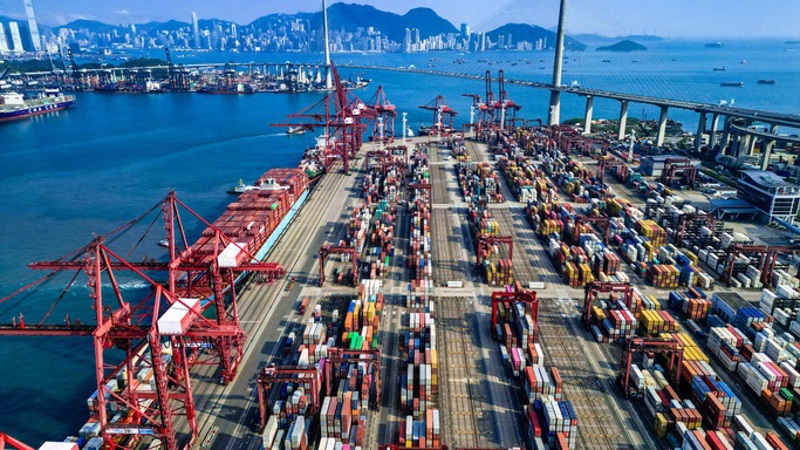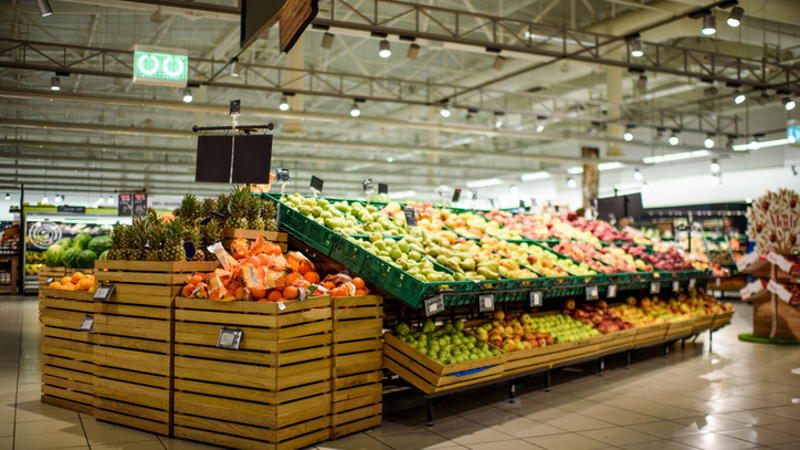International Sales
International trade relates to an international sales agreement between professional parties which concern (semi-)manufactured goods and/or commodities. It often concerns an overseas sale, which requires the goods to be shipped by sea.
The criteria for such a commercial sale are the following:
- It concerns movable property;
- The sales agreement includes so-called 'Incoterms® rules' that dictate, among other things, the place of delivery, and the moment of transfer of risk, as well as the distribution of costs, for example CIF Rotterdam Incoterms® 2010;
- The delivery term is fatal;
- Often, there is a market price involved (a fluctuating price, for example based on an exchange).
Another characteristic of commercial sale is that most goods are bought on the basis of description, quality and condition.
With regard to international sales, uniform rules and regulations (such as the 'CISG'/Vienna Convention) are applicable. Also, rules by private organizations, such as the International Chamber of Commerce (ICC, Incoterms®) and standard conditions, such as FOSFA, GAFTA and (in The Netherlands) NOFOTA and those of the Royal Committee of Grain Traders (Koninklijk Comité van Graanhandelaren) are involved. These rules often include an arbitration clause.
Examples of commodities are grains, sugar, rice, nuts, consumable oils and fats, meat, soy and coffee, in short: consumable raw materials. A special sub specialism is the trade in organic/biological products and the problem of decertification of the organic/biological status and all consequences as a result thereof. The team advises and litigates against supervisory institutions, such as SKAL and the Dutch Food and Consumer Products Authority (NVWA) and suppliers.
Hard commodities are metals, mining products and other raw materials such as petroleum.
Hard commodities trade is characterized by its international nature and its sensibility to geopolitical risks. The specialists at Van Traa have detailed knowledge of production and sales agreements and the related aspects of transport, insurance and financing.
In general, commodity trade is a form of trading in the future. Goods that are sold for delivery within a certain term are different goods than comparable goods that are sold without such a term or on the basis of a different term. Prices for various terms may differ substantially, which is why delivery within the agreed term is essential. Exceeding this term in most cases leads to immediate breach of contract. Many trade disputes are about strings, circles and wash-out.







